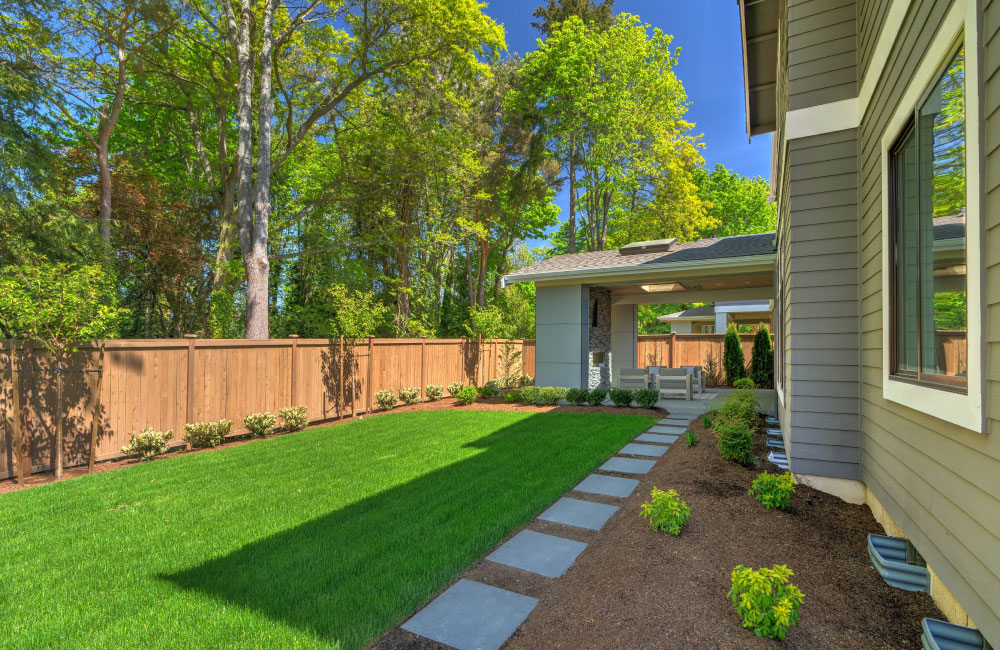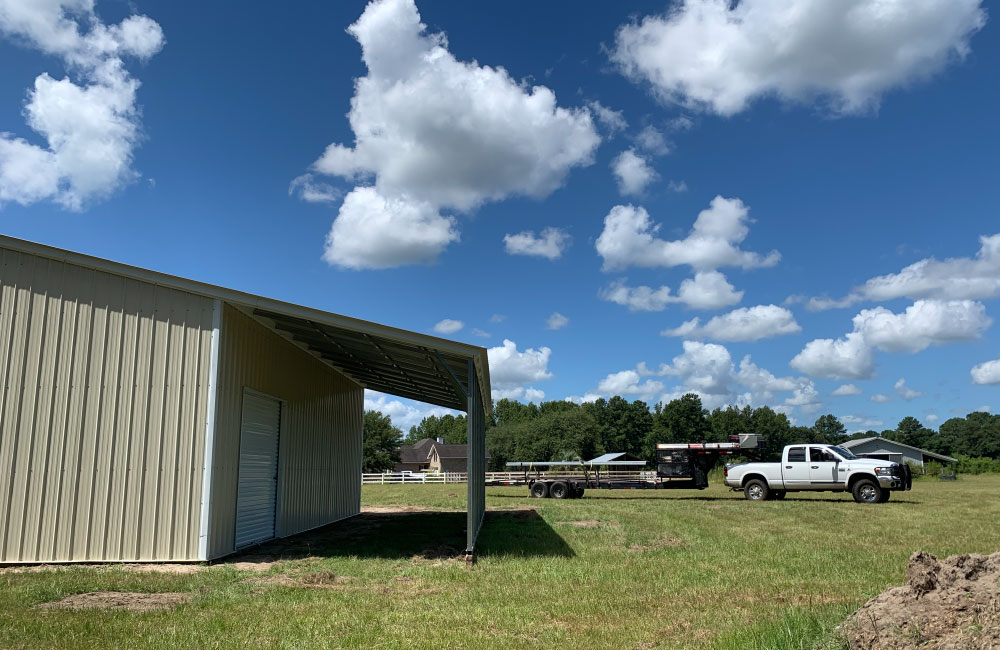Keeping the spirit of neighborliness is essential if you want to live in harmony with your community. It is not hard on a day-to-day basis when you and your neighbors are like-minded. The challenge is when any of you can’t compromise on an important issue like building a shed next to your neighbor’s fence.

The Important Step
The fact of the matter is it is rare that you are prohibited to build a shed next to your neighbor’s fence. After all, the structure is still within your property and it is you who will spend for everything. However, remember also that there is such a thing as a property setback. A property setback is the required distance of your structure from your neighbors’ property—including fences. This rule prohibits owner-builders to erect sheds side-by-side or too close to their neighbors’ fences. So what is the exact distance of a shed from someone’s fence?
Some say the measure between a shed and a neighbor’s fence is at least three, five feet, or 25 feet. So which is which? How sure that one’s advice is applicable for an owner-builder that stays in another state? And who can tell if a shed that is seven feet away cannot be demolished because of a homeowners association’s complaint?
Thus, the primary step when you build your shed is to contact your local building and zoning administration. It is the shortcut to solving problems with your shed. To begin with, local laws have complex details that a building and zoning officer can only explain thoroughly. And it is building codes and local ordinances that can dictate the minimum length for a setback. This is not to mention that it’s your local building and zoning administration is the implementer of rules that everybody in your community follows.
Complication and Remedy
It stands to reason that everyone wants to protect their property. To avoid any dispute now or later—if your neighbor is currently amenable—your shed’s setback and structure should be certified legal by authorities. This is beyond getting a permit, it is knowing what your rights are.
An example of a complication is the rules about fences. In some cases, fences are required to be erect also far from a property line. This conforms to how a local authority categorizes fences. Do they consider it an accessory structure or not? This intricacy has an impact on your shed. What if your neighbor’s fence is erected at your property line? Would you still build your shed backward or claim your right?
To avoid complaints or lawsuits beforehand, you can also have an agreement with your neighbor. Perhaps, an agreement like an easement can help you with setback adjustment. An easement is allowing the neighbor to use a portion of one’s property. This is just giving the right to use, not giving away one’s ownership. And the use of the property is for a particular purpose and time only.
When there’s no legal remedy for the problem, otherwise you need to adjust the shed to where your local authority ordered—perhaps, a little far from your neighbor’s fence.
